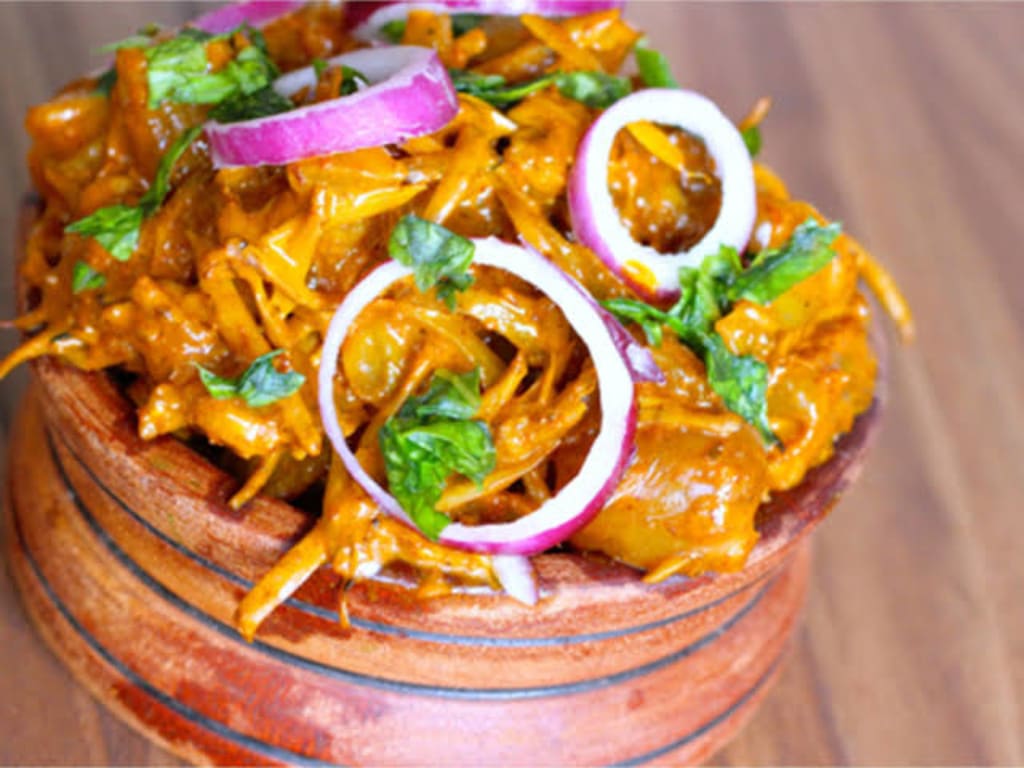
Title: Exploring the Flavors of Igbo Cuisine: A Gastronomic Delight
Introduction:
Igbo cuisine, an integral part of the rich cultural heritage of the Igbo people of Nigeria, is a culinary adventure that tantalizes the taste buds with its vibrant flavors and diverse ingredients. With a history steeped in tradition and a unique blend of indigenous produce, spices, and cooking techniques, Igbo food offers a captivating experience for food enthusiasts and cultural explorers alike. In this article, we delve into the depths of Igbo cuisine, uncovering its key ingredients, traditional dishes, and the significance of food in Igbo culture.
A Melting Pot of Ingredients:
Igbo cuisine draws heavily from the bountiful agricultural resources of the region, featuring a wide array of fresh vegetables, tubers, legumes, and spices. Yam, cocoyam, cassava, and plantains form the core of many dishes, providing a hearty and filling base. The Igbo people also incorporate an assortment of leafy greens such as ugu (fluted pumpkin), bitter leaf, and okazi (afang) into their meals, adding a distinct and vibrant taste.
Flavorful Soups and Stews:
Soups and stews play a central role in Igbo cuisine, often accompanied by a variety of fufu (swallow) options such as pounded yam, garri, or cocoyam. One of the most renowned Igbo soups is the Ofe Onugbu (bitter leaf soup), made with an assortment of meats, fish, and the bitter leaf, which gives it a pleasantly bitter undertone. Ofe Oha (oha soup), Ofe Nsala (white soup), and Ofe Akwu (palm nut soup) are other delicious options, each with its own unique blend of ingredients and flavors.
Savoring the Delicacies:
In addition to soups and stews, Igbo cuisine offers a range of delectable dishes that showcase the creativity and culinary prowess of the Igbo people. Nkwobi, a spicy cow foot delicacy, and Abacha (African salad), made from shredded cassava, are popular appetizers. Main courses include dishes like Ofe Owerri (Owerri soup), a sumptuous mix of assorted meats, snails, and spices, and Ukwa (breadfruit), a nutritious and versatile dish that can be enjoyed roasted or cooked in a variety of flavorful sauces.
The Importance of Food in Igbo Culture:
Food holds a significant place in Igbo culture, symbolizing hospitality, unity, and celebration. Traditional Igbo gatherings, such as weddings, festivals, and funerals, are marked by the sharing of communal meals. Kola nuts, palm wine, and traditional Igbo music further enhance the festive atmosphere during these occasions. Igbo cuisine also reflects the cultural values of the community, emphasizing the use of fresh, locally sourced ingredients and the importance of communal dining.
Preserving the Culinary Heritage:
While Igbo cuisine has a strong foundation in tradition, it continues to evolve and adapt to modern influences. Despite the availability of fast food and international cuisines, the Igbo people maintain a deep connection with their culinary roots, passing down traditional recipes from one generation to the next. The Igbo diaspora has also played a vital role in spreading awareness of Igbo food, with restaurants and food festivals around the world showcasing the diverse flavors and unique dishes of this vibrant cuisine.
Nestled in the southeastern region of Nigeria, the Igbo people boast a vibrant culture, and their cuisine stands as a testament to their rich heritage. Igbo food is a delightful fusion of flavors, textures, and spices that reflects the region's diverse agricultural abundance. With a myriad of traditional dishes that have been passed down through generations, Igbo cuisine offers a unique culinary experience that tantalizes the taste buds and tells a captivating story of cultural traditions and community bonds.
1. Staple Foods and Farming Practices:
At the heart of Igbo cuisine are the staple foods that form the foundation of many dishes. Yam, cassava, plantains, and cocoyam are commonly grown and consumed in the region. Yam, in particular, holds a special place in Igbo culture and is a versatile ingredient used in various preparations. The Igbo people employ a combination of subsistence and commercial farming practices, showcasing their deep connection with the land and the importance of agriculture in their lives.
2. Traditional Igbo Dishes:
a. Ofe Owerri (Owerri Soup): This iconic soup is a delectable blend of assorted meats, fish, and a variety of vegetables, including Ugu (pumpkin leaves) and Okazi (afang leaves). Ofe Owerri embodies the essence of Igbo cuisine, offering a burst of flavors and a delightful texture.
b. Nkwobi: A popular Igbo appetizer, Nkwobi consists of cow foot cooked in a richly spiced sauce made from palm fruit extract, utazi leaves, and other aromatic ingredients. The dish is often paired with chilled palm wine, creating a perfect balance of flavors.
c. Abacha (African Salad): Abacha is a traditional Igbo dish made from dried and shredded cassava, which is then mixed with palm oil, utazi leaves, garden egg, and other ingredients. It is a refreshing and satisfying meal, perfect for warm days.
d. Ukwa (African Breadfruit): Ukwa is a nutritious dish prepared from African breadfruit seeds. The seeds are boiled until tender and served with a variety of accompaniments, such as palm oil sauce and fish. Ukwa showcases the Igbo people's resourcefulness and their ability to transform simple ingredients into a delicious meal.
3. Spices and Condiments:
Igbo cuisine is renowned for its aromatic spices and condiments, which add depth and complexity to the dishes. Locally sourced ingredients such as ogiri (fermented oil seeds), utazi leaves, uda pods, and uziza seeds are commonly used to enhance the flavors and create a unique taste profile. These spices not only provide a tantalizing sensory experience but also hold cultural significance within Igbo culinary traditions.
4. Social Significance and Festivals:
Food plays a pivotal role in Igbo society, with meals often serving as occasions for communal gatherings, celebrations, and storytelling. Festivals such as the New Yam Festival (Iri Ji) provide an opportunity to showcase the diversity and culinary prowess of the Igbo people. During these festivities, various traditional dishes are prepared and shared, strengthening community bonds and reinforcing cultural heritage.
Conclusion:
Igbo cuisine is a treasure trove of flavors and culinary traditions that captivate both locals and visitors alike. From the hearty stews to the intricate spice blends, every dish tells a story of resilience, resourcefulness, and cultural pride. Exploring Igbo food is not only a delightful culinary adventure but also a journey into the heart and soul of the Igbo people, their traditions, and their vibrant community spirit.
About the Creator
Nnamdi marvelous
I’m a young adult that loves talking and writing about her culture, traditions and lifestyle .






Comments
There are no comments for this story
Be the first to respond and start the conversation.